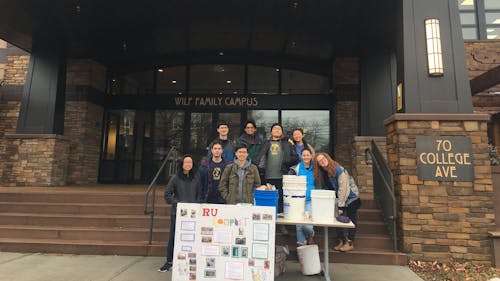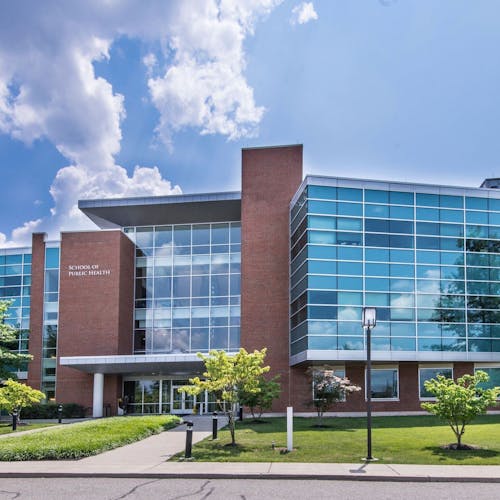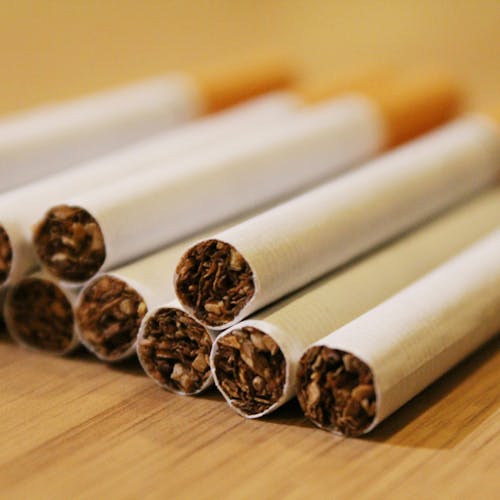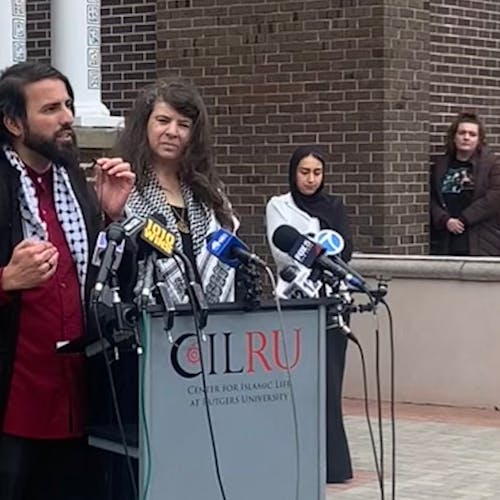New compost collections encourage Rutgers students to be mindful of food, decrease waste

RU Compost has recently started making compost collections available to students in order to encourage them to compost and appreciate their foods.
The compost collections, which were launched earlier this year, can be found on the College Avenue campus in front of the Eva and Arie Halpern Hillel House. Dorothy Lee, a School of Environmental and Biological Sciences senior and president of RU Compost, said the collections will be placed weekly every Sunday from 10 a.m. to 11 a.m. So far, since the service has began, approximately 25 students drop off their scraps.
“Although composting is not the top solution for food recovery, according to the Environmental Protection Agency’s (EPA) food recovery hierarchy, it makes people think about their food waste and hopefully encourages them to decrease the amount of produce thrown away,” she said.
Composting occurs when decayed organic material, such as vegetable scraps, are turned into plant fertilizer. Lee started focusing on composting during her internship at SuperFresh, where she noticed that the grocery store did not compost its food scraps. While she recommended composting to the store, she started to wonder whether dining halls at the University composted as well.
She learned that dining halls had access to digesters, which are proteins in commercial-grade composts that speed up the rate of decay. As a result, Lee realized that students were able to waste food by sending full plates back to the conveyor belts without feeling guilty.
“We want people to appreciate the foods they do have and to use them up instead of feeling guilty about having to throw them away,” she said.
The idea of a compost club was recommended by Laura Lawson, dean of Agriculture and Urban Programs. Lee said she envisions the organization reaching all students in the future and promoting mindfulness about wastefulness.
Lee’s younger sister, Vivian Lee, a School of Arts and Sciences first-year, is also part of RU Compost. She said her passion toward the club began last year when she was scuba diving around the Great Barrier Reef in Australia.
The world’s largest coral reef, the Great Barrier Reef is currently in danger from pollution and other environmental damages. During her time in Australia, Vivian Lee was able to see the damages of coral bleaching on the reef firsthand.
“I think that just opened up my eyes when I was able to see all the effects we have on our planet, and it made me want to contribute in however many ways I can,” she said.
Vivian Lee holds the same goals for RU Compost as her older sister, wanting the collections to bring the student body together in a conscious effort to stop mindlessly wasting food. The club collected approximately 50 pounds of food scraps in the first week its compost collection was in operation.
Dorothy and Vivian Lee said they have seen a visible difference in turnout as the weeks progress and hope the steady growth will continue as they spread the information and locations of the collections in the future.



